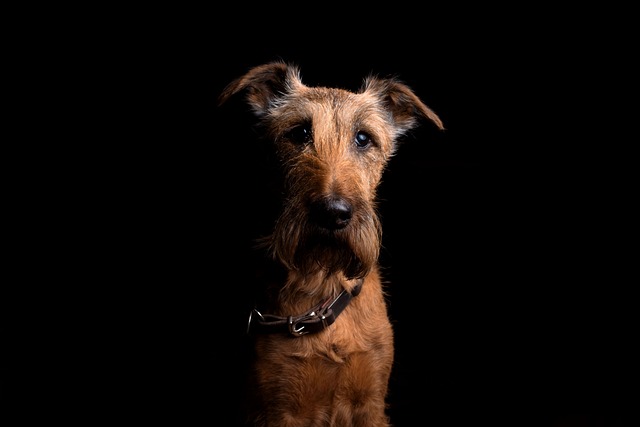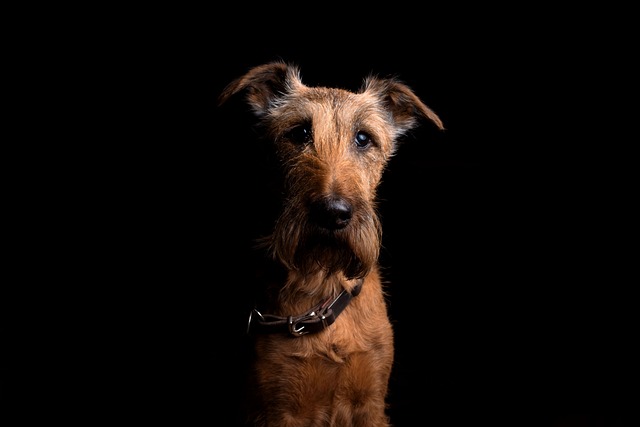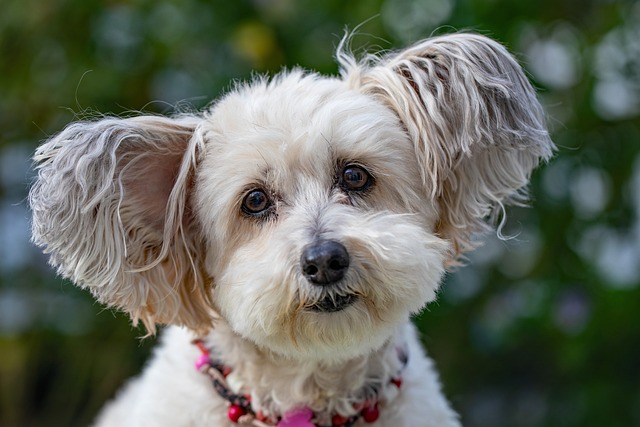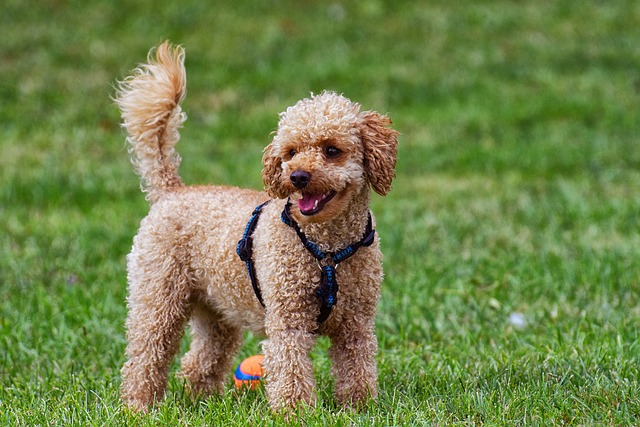
Is it dangerous for a dog to have respiratory disease?
Respiratory issues in dogs can range from mild sneezing fits after sniffing dusty grass to severe, life - threatening infections—and knowing the difference is key for every pet owner.
Respiratory issues in dogs can range from mild sneezing fits after sniffing dusty grass to severe, life - threatening infections—and knowing the difference is key for every pet owner. A dog with a persistent cough, labored breathing, or discolored mucus isn’t just “under the weather”; these signs often point to conditions like kennel cough, pneumonia, or even heart - related issues that worsen without treatment. In many areas, letting a contagious respiratory disease go unaddressed could also run afoul of local animal welfare laws, which require owners to seek timely vet care to prevent the spread to other pets in parks or doggy daycares.
Smaller breeds like Chihuahuas or brachycephalic dogs such as Bulldogs face extra risk, as their narrow airways make it harder to clear congestion and can turn a minor cold into a crisis quickly. Even active dogs that love hiking or playing fetch might hide early symptoms, so it’s smart to check their breathing rate after exercise—if they’re still panting heavily 10 minutes later, or making wheezing sounds, a vet visit is non - negotiable.
 Home care plays a big role in supporting recovery, but it can’t replace professional help. Using a cool - mist humidifier in your dog’s sleeping area eases dry air irritation, and offering small sips of water frequently prevents dehydration—critical for dogs with reduced appetite from illness. Avoid exposing them to smoke, strong fumes, or cold drafts, as these irritants can respiratory stress,Always follow your vet’s dosage instructions for any medications.
Home care plays a big role in supporting recovery, but it can’t replace professional help. Using a cool - mist humidifier in your dog’s sleeping area eases dry air irritation, and offering small sips of water frequently prevents dehydration—critical for dogs with reduced appetite from illness. Avoid exposing them to smoke, strong fumes, or cold drafts, as these irritants can respiratory stress,Always follow your vet’s dosage instructions for any medications.
When it comes to compliance, staying informed about local rules is just as important as monitoring your dog’s health. Some cities require pet owners to report contagious diseases to animal control to stop outbreaks, and failing to do so might result in penalties. If your dog needs extended rest, keep them leashed during walks and skip crowded dog parks until they’re fully recovered—this not only follows public health guidelines but also shows respect for other pet owners who want to keep their furry friends healthy too.
Ignoring respiratory symptoms in dogs isn’t just risky for their health—it can have legal and community - wide consequences. Catching issues early, following vet advice, and adhering to local pet laws ensures your dog gets back to their happy, active self while keeping everyone in your neighborhood’s pet community safe. With a little vigilance and proactive care, most respiratory diseases are treatable, so don’t wait to act if you notice something off about your dog’s breathing.

Respiratory issues in dogs can range from mild sneezing fits after sniffing dusty grass to severe, life - threatening infections—and knowing the difference is key for every pet owner.

You’ve seen your dog seek out the cool tile floor on a hot summer day, sprawled out to escape the heat. It makes you wonder if those advertised

Watching your loyal companion slow down as they enter their golden years can feel bittersweet, but with the right care

Coming home to a dog that’s muddy, shedding, or smells like wet grass can make even the coziest home feel messy.

Watching your once-energetic pup slow down as they age can make you wonder if their food is still meeting their needs.

Dog scratching nonstop, licking their paws raw, or developing red, bumpy patches often signals allergic skin disease—common triggers include pollen, dust mites, or even certain proteins in their food.